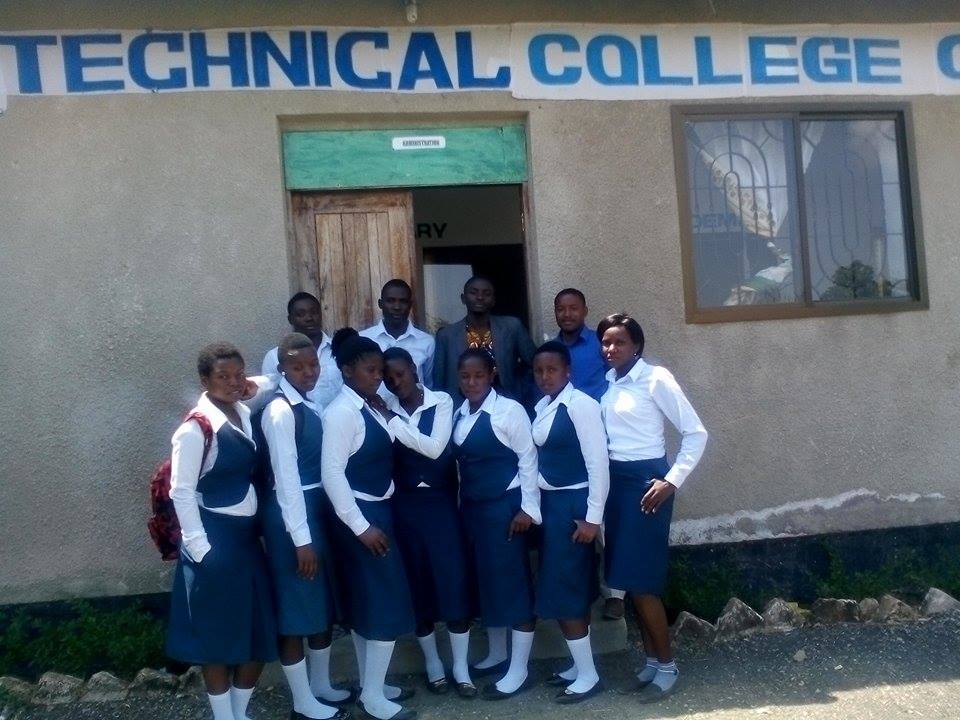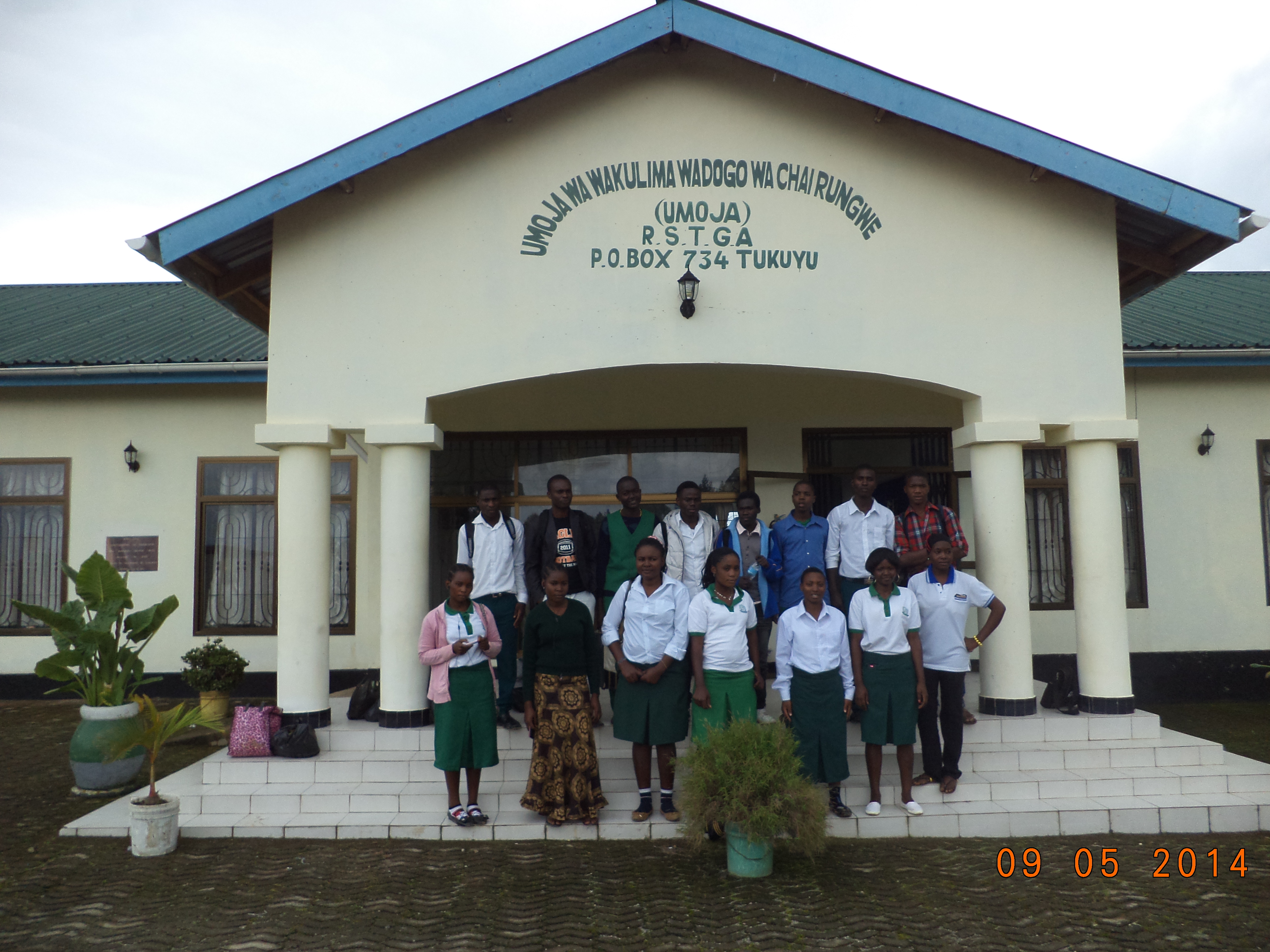Is this role right for me?
To do this role, you will need to:
- be able to generate original ideas, and to think creatively about how to communicate them to audiences
- have excellent writing and storytelling skills, with the ability to tailor and adapt content for different audiences and platforms
- have knowledge of the radio market, different station and programme styles, and audience demographics
- be able to learn how to use a variety of recording equipment and to operate different radio studios
- have excellent communication skills, complemented by diplomacy, empathy and patience, along with the ability to build rapport and draw information from people
- be able to coach and develop others
- have the confidence and tenacity to pursue information, overcome obstacles and pitch ideas to senior colleagues
- possess a comprehensive knowledge of the subjects relevant to the radio genre in which you wish to work
- be able to work calmly effectively under pressure, react quickly, and meet tight deadlines
- have knowledge of the law, ethics and industry regulations around radio production
- understand when it is necessary, and how to acquire, the relevant clearances and licences, including copyright and music clearances
- understand the requirements of the relevant health and safety legislation and procedures
- have strong IT skills, including word processing and data handling - and, ideally, audio editing and image manipulation software
What does a Radio Producer do?
Radio Producers create programme content and manage the whole production process for both live and recorded radio programmes. They must generate original ideas, identify suitable ideas from others, and carry out thorough research. They play a key role in creating what is heard by listeners but are not usually heard on air themselves.
The seniority and specific responsibilities of a Radio Producer may vary considerably depending on the programme or station. They work in collaboration with presenters, performers or other programme contributors. In order to ensure that content meets established production standards, they must also be able to give direction when necessary.
Radio Producers are often closely involved with the business and technical aspects of programmes. They are also responsible for managing budgets and for ensuring the efficient use of resources. It is their responsibility to respond to listeners’ comments or complaints.
They are mainly based in offices and recording studios, but may also work on location producing outside broadcasts. Radio Producers may be required to work a variety of shift patterns, including night shifts, weekends and holidays. In some roles they will be expected to travel, sometimes long distances and at short notice, to work on location.
Radio Producers should know how to access, evaluate and use all relevant information sources. They obtain permissions or licences for recording or broadcasting on location, and for the use of music, sound effects and audio archive material.
They may also be expected to operate radio studios and to record audio both in studios and on location. They may be required to record interviews and other material, as well as editing and, when necessary, presenting items for broadcast. Some more senior Producers commission and oversee the work of other production team members.
The seniority and specific responsibilities of a Radio Producer may vary considerably depending on the programme or station. They work in collaboration with presenters, performers or other programme contributors. In order to ensure that content meets established production standards, they must also be able to give direction when necessary.
Radio Producers are often closely involved with the business and technical aspects of programmes. They are also responsible for managing budgets and for ensuring the efficient use of resources. It is their responsibility to respond to listeners’ comments or complaints.
They are mainly based in offices and recording studios, but may also work on location producing outside broadcasts. Radio Producers may be required to work a variety of shift patterns, including night shifts, weekends and holidays. In some roles they will be expected to travel, sometimes long distances and at short notice, to work on location.
Radio Producers should know how to access, evaluate and use all relevant information sources. They obtain permissions or licences for recording or broadcasting on location, and for the use of music, sound effects and audio archive material.
They may also be expected to operate radio studios and to record audio both in studios and on location. They may be required to record interviews and other material, as well as editing and, when necessary, presenting items for broadcast. Some more senior Producers commission and oversee the work of other production team members.
Will I need a qualification?
You don’t need a degree to be a Radio Producer, but most of them are graduates. If you do have a degree, employers won't necessarily expect it to be in a media-related subject. They may even prefer you to have a degree in another discipline, especially if followed by a postgraduate qualification in radio production.
If you are considering taking a radio course in higher education, the following courses have been rigorously assessed by the radio industry and awarded the Creative Skillset Tick for the high standard of education they provide and the degree to which they prepare you for a radio career:
To get onto one of the few industry trainee schemes that are out there, you’ll probably need a degree or equivalent and you should be prepared for a rigorous selection process. That said, some schemes are targeted at non-graduates.






